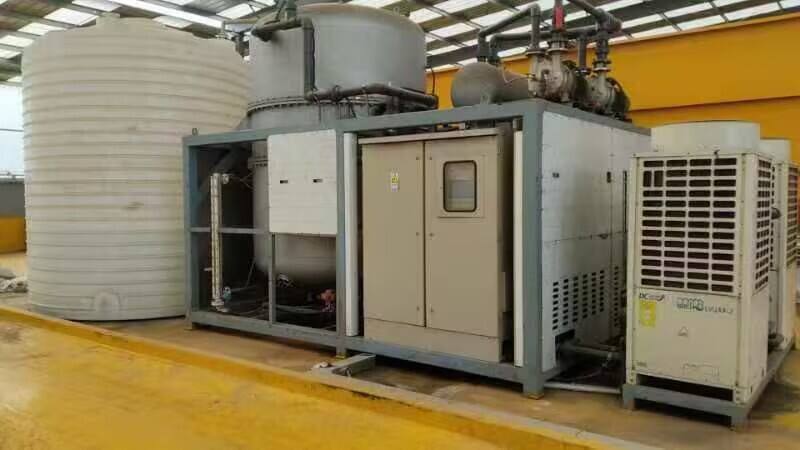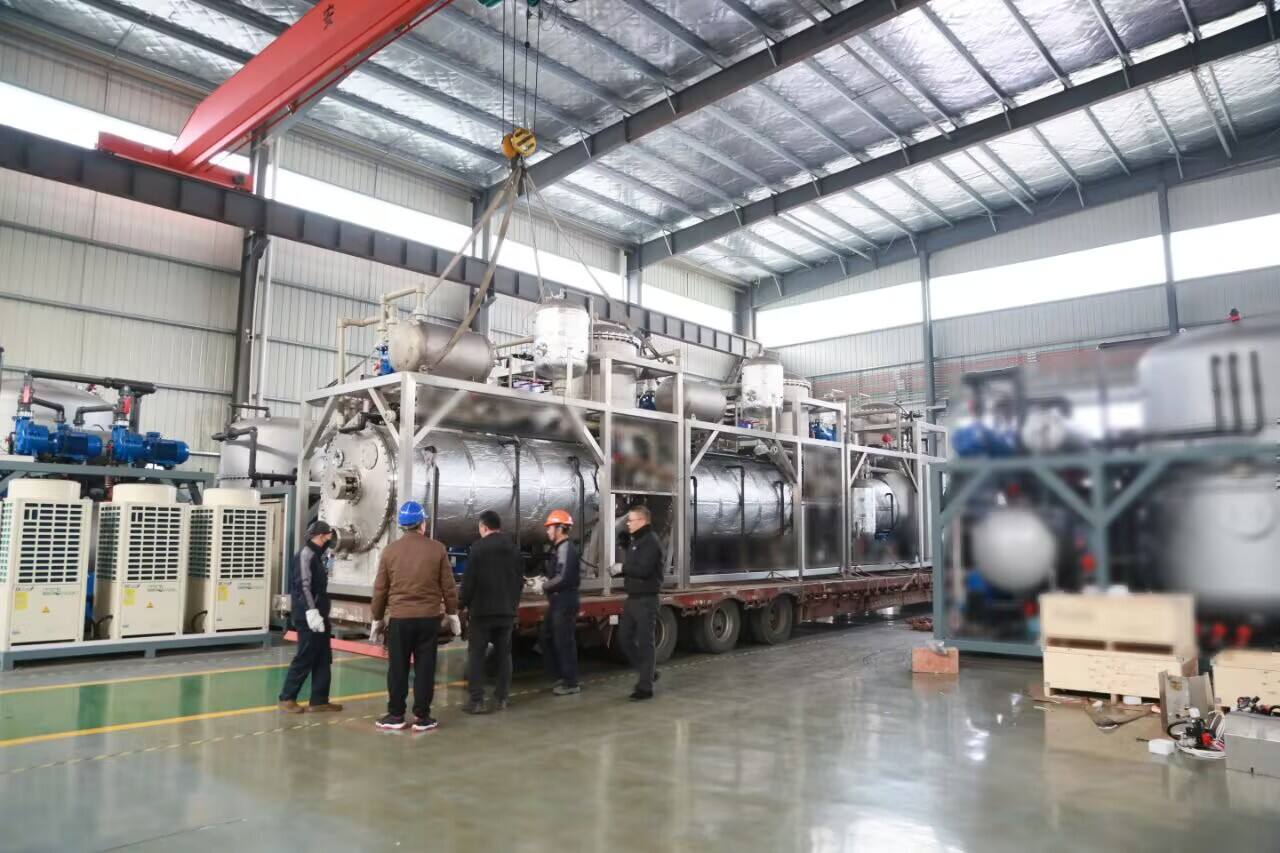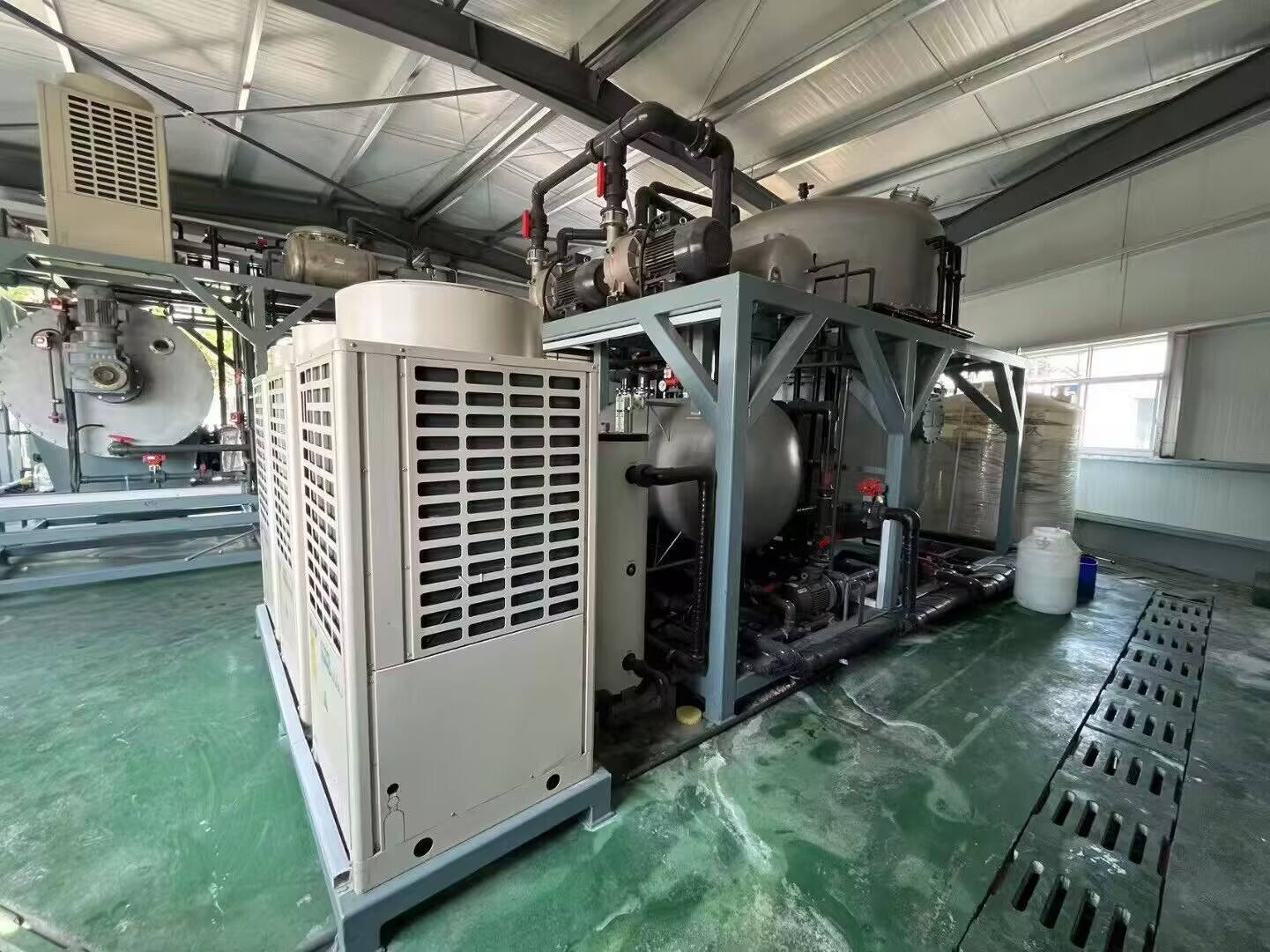water treatment plant equipment
Water treatment plant equipment represents a comprehensive system designed to purify and process water for various applications, from municipal use to industrial purposes. This sophisticated equipment combines multiple treatment stages, including preliminary screening, coagulation, sedimentation, filtration, and disinfection processes. The system utilizes advanced technological features such as automated control systems, real-time monitoring capabilities, and energy-efficient components to ensure optimal performance. Modern water treatment plants incorporate innovative membrane technology, UV disinfection systems, and chemical dosing equipment to achieve superior water quality standards. These facilities are equipped with state-of-the-art sensors and analytical instruments that continuously monitor water quality parameters, ensuring compliance with regulatory requirements. The equipment is designed to handle varying water capacities, from small-scale operations to large municipal installations, with modular components that allow for easy expansion and upgrades. Additionally, the integration of smart technology enables remote monitoring and control, reducing operational costs while maintaining high efficiency levels. The equipment's robust construction ensures durability and reliability, while its advanced filtration systems effectively remove contaminants, including suspended solids, bacteria, viruses, and chemical pollutants.


